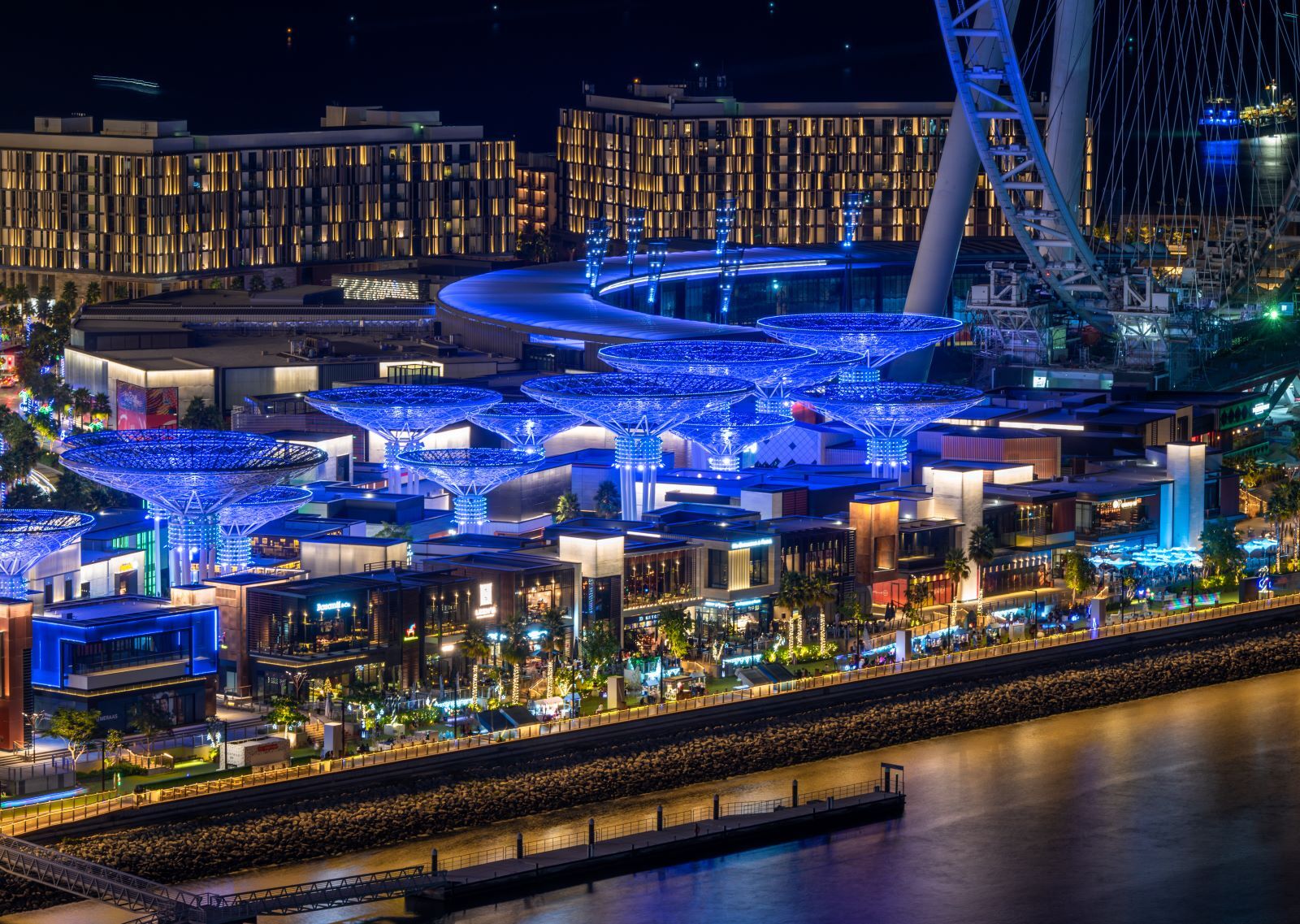The UAE Space Agency and Dubai’s Ambitions for the Final Frontier
Published: 15 October 2025
For centuries, space has captured the human imagination as the ultimate frontier – a vast and largely unexplored realm potentially home to uncontacted life. Most of the universe is, in fact, invisible, with only around 5% made up of ordinary matter. The rest is made up of dark matter and dark energy, which scientists have yet to fully understand.
Unsurprisingly, countries around the world have turned their attention skyward, seeking answers to some of humanity’s most profound questions – the Fermi Paradox chief among them. The UAE is no exception. In 2014, the government established its very own space agency to lead national space initiatives, promote international partnerships, and secure this small Arab state’s role as a significant contributor to the global space community.

Chronicles of the Cosmos
The UAE Space Agency is an independent federal entity, provided with the legal authority to pursue its objectives directly. Its mission statement presents a clear purpose: to address national challenges and enrich the country’s competitiveness through space missions supported by a conducive legislative framework. By leveraging space as a form of soft power, the UAE aims to establish itself as a prominent player in the space sector on the Arabian Peninsula, a position which will, it is assumed, help promote other important industries.
The agency operates with an abundance of strategic goals, including attracting top-class talent, improving efficiencies across various government sectors, and creating a regulatory environment that promotes business and investment. Beyond this, it hopes to develop tangible space capabilities while transferring acquired knowledge to improve standards within the private sector.
Additionally, the agency is responsible for overseeing the national space legislative framework and cultivating an international environment for knowledge exchange, a goal shaped in part by various global political alliances.
As part of the UAE’s broader economic diversification strategy – the country is currently working to move away from its over-reliance on non-renewables – the agency has invested AED 3 billion through the National Space Fund. These resources are dedicated to providing support for pioneering programs, building national capabilities, and developing the relevant infrastructure needed for advanced space exploration.
Pioneering Space Programs
As a relatively young entity, the UAE Space Agency is busy developing a Science, Technology, and Innovation roadmap with the goal of establishing the country as a strategic partner in future international space collaborations. Over the coming years, the agency has identified several key focus areas for support and funding, including the promotion of public engagement with national strategies, fostering employee-led innovation, capitalising on creative ideas, and expanding sources of technological advancement.
The agency is also developing major projects designed to enhance the country’s international standing in the space sector. Among these is the Emirates Mission to the Asteroid Belt, scheduled for March 2028. This groundbreaking venture will explore multiple asteroids within the main belt and will take place on the “MBR Explorer” spacecraft – named in honour of Sheikh Mohammed bin Rashid Al Maktoum, Ruler of Dubai and Vice President of the UAE. The mission will conduct a series of flybys to observe and study seven main belt asteroids, giving scientists a better understanding of nearby space formations. It is expected to yield invaluable data about our solar system, spanning a seven-year journey of five billion kilometres, and will incorporate advanced gravity-assisted manoeuvres around Venus, Mars, and Earth.
The ongoing Emirates Mars Mission is arguably even more remarkable. The project aims to provide a comprehensive understanding of the Martian climate by examining the planet’s atmosphere. The mission is providing scientists with critical insights into the past, present, and potential future of both Mars and Earth, while also contributing to the search for signs of life beyond our planet. Is it also shedding light on the mechanisms behind atmospheric loss on the Red Planet, as well as seasonal and daily atmospheric changes, among a range of other scientific objectives.
This mission marked a historic milestone for UAE space exploration. On February 9, 2021, the UAE became just the fifth nation to reach Mars and just the second to successfully enter the planet’s orbit on its first attempt – a remarkable achievement for a space agency that, at launch, was only seven years old.
Other Major Undertakings
Named after the Arabic word for a flock of birds, “Sirb” is a satellite constellation initiative aimed at enhancing environmental monitoring and land use analysis. These satellites have the ability to process and interpret complex radar imagery of terrestrial formations, supporting a wide range of scientific, civil, and commercial applications. Ultimately, it is hoped the project will establish and maintain a space supply chain by UAE-based companies.
“813” represents the UAE’s pioneering role in the region’s first collaborative Arab space missions. The project’s name honours the year of the founding of the House of Wisdom in Baghdad, a historic institution known for its celebratory attitude towards advancing scientific knowledge and intellectual exploration. Designed to encourage Arab nations to develop space science and technology, the mission seeks to provide scientists with a better understanding of global environmental challenges, such as climate change. The satellite will be equipped with advanced instruments such as the Hyperspectral Imager (HSI), enabling intricate observation and monitoring of vegetation, water resources, and land use patterns.
Dubai’s Space Support Network
The UAE Space Agency’s “Space Economic Zones” program is a wide-ranging initiative designed to establish and expand the ecosystem of UAE-based companies who are engaged in supporting space exploration. Its ultimate goal is to create a sustainable cluster that promotes public–private collaboration, drives innovation, and integrates space-related technologies into commercial applications.
The program is also intended to serve the needs of companies across the spectrum – from small startups to established organisations – by bringing small and medium-sized businesses together within one unified network. This structure, it is hoped, will foster collaboration, knowledge exchange, and cross-sector partnerships. In addition, collaborators will benefit from access to specialised space laboratories and facilities, as well as a centralised portal offering guidance and tailored opportunities to support growth and advancement.
The creation of a national space agency represents a turning point in affirming the UAE’s position as an emerging global player in space exploration. Although other nations possess longer legacies in this arena, the ambition and foresight demonstrated by this relatively young Arab nation are particularly impressive. Following its historic achievement of successfully entering Mars’ orbit in 2021, the UAE has set high expectations for its future contributions to space science and exploration – a moment that highlights the importance of watching its continued progress closely.



